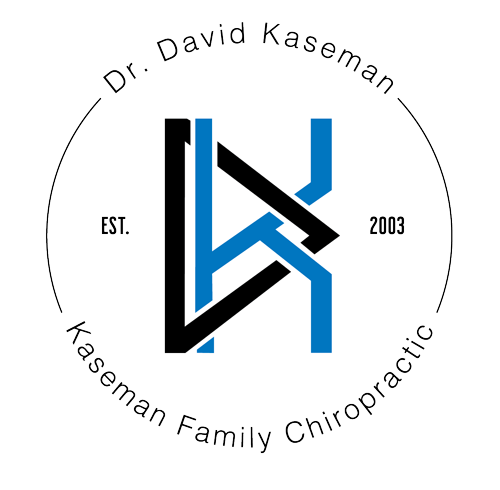
The average American spends approximately 7 hours a day in front of a screen and Gen Z averages closer to 9 hours a day, according to data from DataReportal. Excessive screen time can have many negative health effects and warrant evaluating how much time is spent in front of a screen.
Screen time use has been associated with a number of negative health outcomes, including:
Attention span: Screen time can overload your sensory system, making it harder to focus. Research shows that an average adult attention span is about 8.25 seconds, 4.25 seconds less than in 2000.
Vision: Too much screen time can increase the risk of developing dry eyes and nearsightedness.
Sedentary lifestyle: Chronic health conditions and obesity are directly related to insufficient physical activity.
Posture: Neck pain, back pain, and headaches are common complaints due to poor posture in front of a screen.
Sleep hygiene: The blue light from screens can confuse the body’s circadian rhythm and should be avoided before bedtime.
Emotional health: Excessive screen time can impact mood and overall happiness.
Brain changes: Studies have linked high screen time to a decrease in the thickness of the cerebral cortex, potentially impacting cognitive abilities like critical thinking and reasoning.
Screen time evaluation is the process of understanding how much time one spends using technology and how it impacts their life. It can help people make informed decisions to improve mental health, productivity, and overall well-being. Is your screen time productive? Can the time be better spent enjoying nature or creating something or experiencing an in-person social connection? A good course of action to decrease screen time would be to set realistic limits, remove it from sight, and engage in activities without a screen!
photo credit: DimaBerlin / bigstockphoto.com
